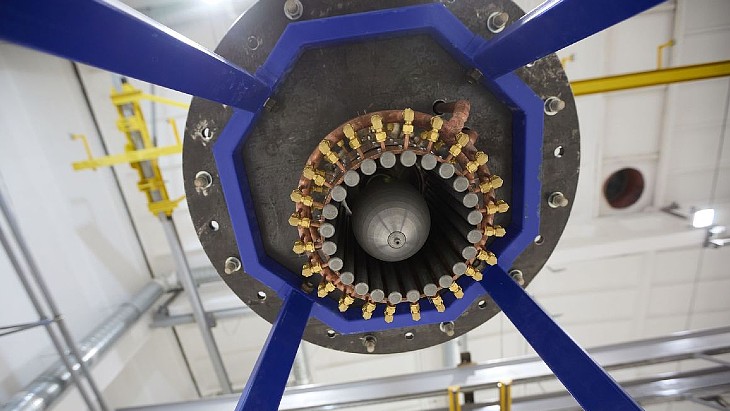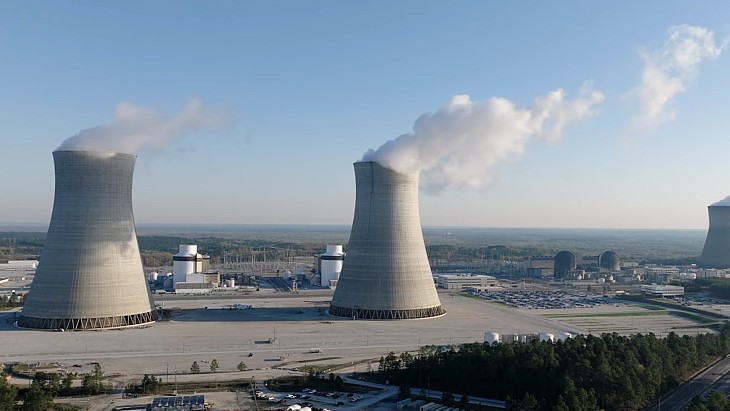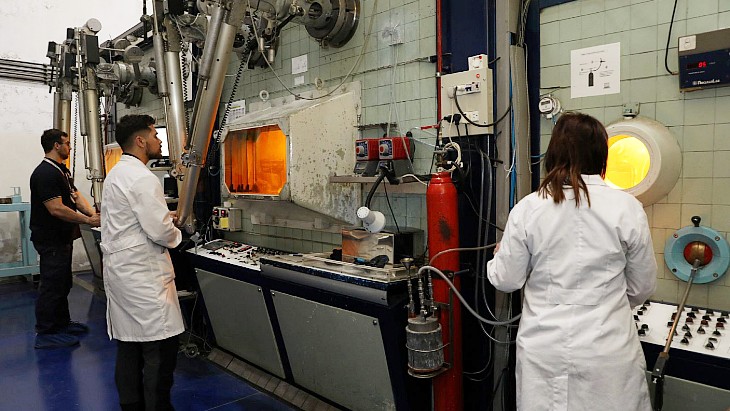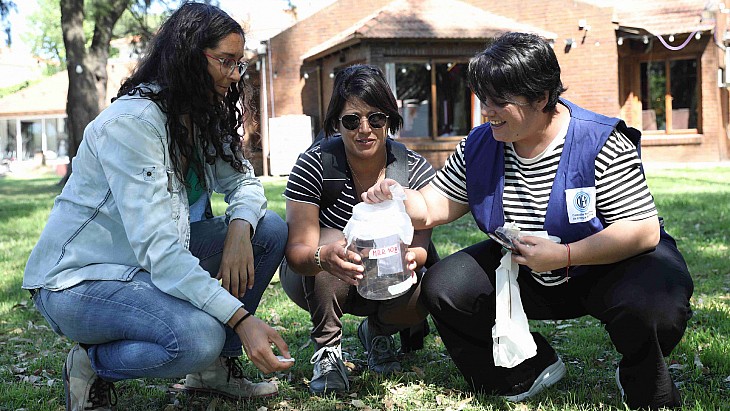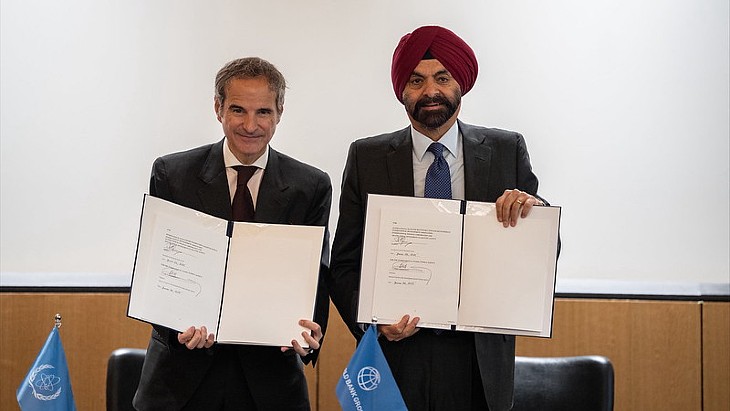Iran's chief nuclear negotiator resigns
[Associated Press, Bloomberg, 20 October] Iran's top nuclear negotiator, Ali Larijani, has resigned, according to the state-run Islamic Republic News Agency (IRNA). He will be replaced immediately by Saeed Jalili, a deputy foreign minister for European and American affairs. Government spokesman Gholam Hossein Elham said that Iran's nuclear policy would not change as a result of Larijani's resignation, saying, "Iran's nuclear policies are stabilized and unchangeable." He said the new negotiator would meet as scheduled with the EU foreign policy chief, Javier Solana, in Rome on 23 October. The Iranian Foreign Ministry announced that Larijani will also attend the talks in Rome, despite his resignation. Larijani's resignation has been interpreted by many as a move that will strengthen President Mahmoud Ahmadinejad's influence over policy in the atomic standoff with the West. Rumours have been circulating in Iran for months that Larijani was at odds with Ahmadinejad and had offered to resign. Larijani was seen as more committed to a diplomatic solution over Iran's nuclear program, while Ahmadinejad is seen as not favouring talks with the West. Under Larijani, Iran agreed with the UN's International Atomic Energy Agency (IAEA) in June to allow inspections of its nuclear facilities after the US and its allies accused the country of developing nuclear weapons.
Further information
WNA's Iraq, North Korea & Iran - Implications for Safeguards information paper
WNN: EU questions IAEA's plan with Iran
WNN: Arak checks agreed at IAEA/Iran meeting
WNN: UN deadline passes, Iran presses on
WNN: Iran: Enrichment freeze deadline approaches
WNN: Insight Briefing: Iran rebuked by sanctions
